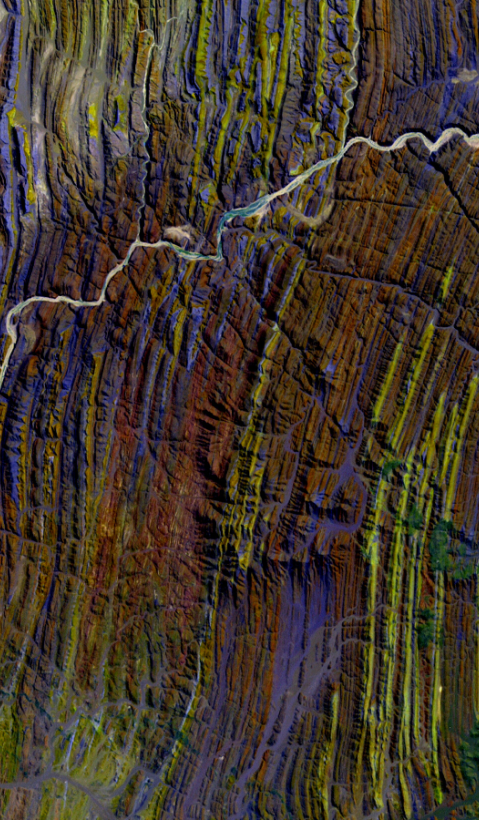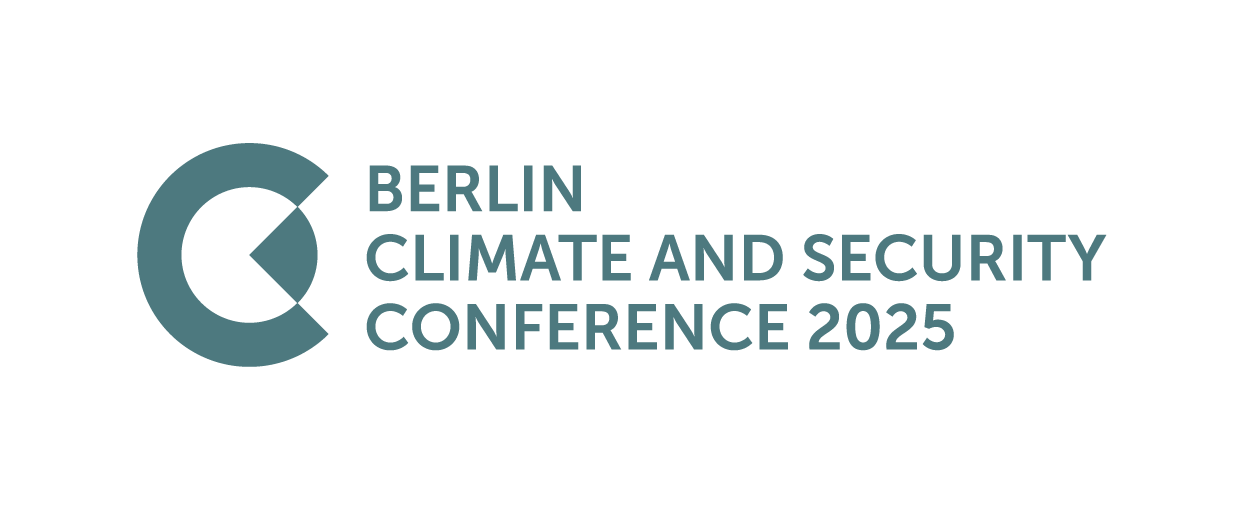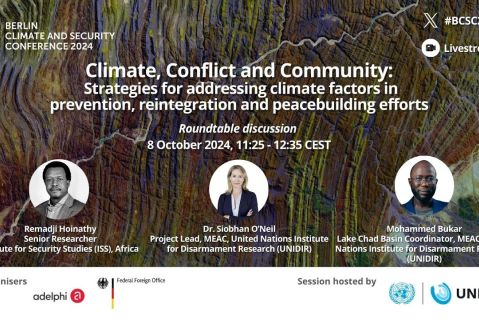
Climate, Conflict and Community: Strategies for addressing climate factors in prevention, reintegration and peacebuilding efforts
When: 8 October 2024 | 11:45-12:45
Format: Roundtable discussion
Venue: Breakout room 2 (Adenauer-Saal)
Hosted by: The Managing Exits from Armed Conflict (MEAC) Project at the United Nations Institute for Disarmament Research (UNIDIR)
By straining natural resources and agricultural livelihoods, climate change erodes socio-economic resilience in already fragile regions. Compounded by weak governance, including in the regulation of human activities that degrade natural resources further, these dynamics present a breeding ground for competition over water and arable land, and exacerbate inter-group tensions. In hard-hit areas, especially those lacking economic opportunities and effective dispute-resolution mechanisms, armed groups seek to capitalize grievances and target affected populations in their recruitment campaigns.
This session will draw original research from MEAC in the Lake Chad Basin to explore how climate-related livelihood challenges are linked to armed group recruitment. Across conflict contexts, there are many examples of how armed groups target communities that have experienced extreme weather events. In the Lake Chad Basin, for instance, climate-related difficulties in farming, fishing and herding have led to both Boko Haram and militia recruitment.
Additionally, the session will explore the lesser-studied impacts of climate change on the reintegration prospects for former combatants, a key consideration in peacebuilding. It will also shed light on how experiences like diminishing income sources for former combatants as a result of water shortages and deforestation can limit the mobility of and economic reintegration prospects of ex-combatants, raising concerns about their re-recruitment prospects.
These dynamics highlight the intersection of climate change, human-induced environmental degradation, and ineffective governance, and how this combination of factors contributes both to armed group recruitment and undermines reintegration efforts. By identifying actionable entry points at the local, programmatic, and policy levels, the session seeks to prompt a timely discussion on making conflict prevention and peacebuilding interventions more climate-responsive.
Speakers:
- Remadji Hoinathy, Senior Researcher, Institute for Security Studies (ISS), Africa
- Mohammed Bukar, Lake Chad Basin Coordinator, MEAC, United Nations Institute for Disarmament Research (UNIDIR)
Moderated by Siobhan O’Neil, Project Lead, MEAC, United Nations Institute for Disarmament Research (UNIDIR)
Return to BCSC 2024's agenda

